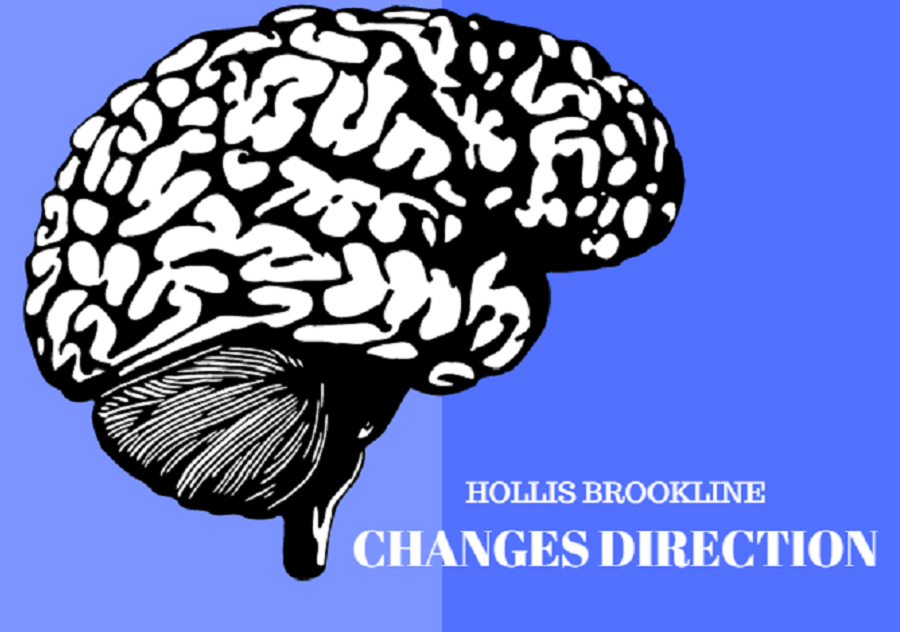HB changes direction
November 4: Former Chief Justice John Broderick and Dr. Bryant visit HB to support Change Direction, an organization working to stress the importance of mental health.
November 21, 2016
On Friday, November 4, Hollis Brookline was visited by Former Chief Justice John Broderick and Dr. Bryant with Change Direction — an initiative working to eliminate the stigma around mental illness. As mental health has become a more known part of our society, it’s now increasingly important to be aware of what the signs of mental illness are and how to personally cope with mental illness.
During his presentation, Broderick told a story of another lecture he gave in front of over 400 of New Hampshire’s leaders. When he asked the crowd to stand if they had been personally affected, or if they knew somebody affected by mental illness, he “couldn’t see anyone left sitting.” With numbers like those, it’s hard to believe how infrequently mental illness is talked about. “Everyone here is the stigma…we own that,” Broderick stated in his presentation to the school, “We need to start taking away that stigma, that shame…we need to change.”
People with mental illness are often portrayed as violent because the most highlighted time people hear about is when catastrophe strikes. For example, Broderick mentioned the Sandy Hook shooting in 2014. But the idea that all people with mental illness are violent is far from the truth.
Often people with mental illnesses go undiagnosed for the majority of their lives. In a sense, they are stuck in the dark and their parents are often the last to know. The reality is that most people aren’t looking for signs of these illnesses. They aren’t well versed in how to recognize mental illness and therefore aren’t able to help themselves or their loved ones.
Broderick and Bryant both stressed the importance of knowing the five signs of mental illness: personality change, agitation, withdrawal, poor self-care, and hopelessness. During the presentation, Bryant stated that “people often suffer in silence,” and knowing these five signs may help to give someone (or even yourself) a voice.
Bryant, as a clinical and forensic psychologist, was able to talk more about the psychology behind mental illness and the importance of keeping your mind in its best condition.
“Your mental health is as important as your physical health,” Bryant stated. “If you were to break your leg, you would go to the doctor. Why wouldn’t you go if you were feeling depressed?”
Helping loved ones to cope with the burden of these mental illnesses can sometimes be a tricky subject to tackle. Bryant advises students to be well versed in the five signs of mental illnesses so they know when help needs to be sought.
Once aware and consciously looking for the signs, HBHS guidance counselor KC Maynard added that students should “create the conversation,” and ask them if they’re alright. Often, people with mental illness isolate themselves because they’re worried about the reactions from their friends and family. Instigating the conversation opens doors for them, and helps them seek the help they need. Once you’ve checked in, Maynard said to follow up and make sure they reach out. If they don’t reach out on their own, help them to reach out, by either talking to a guidance counselor with them or for them.
As a society we need to “change direction” and keep in mind that, as Broderick stated, “#1 that people with mental illnesses didn’t ask for them, and #2, don’t deserve them.”
If you are personally affected by mental illness, either in yourself or someone close to you, it’s important to remember that there is hope.














